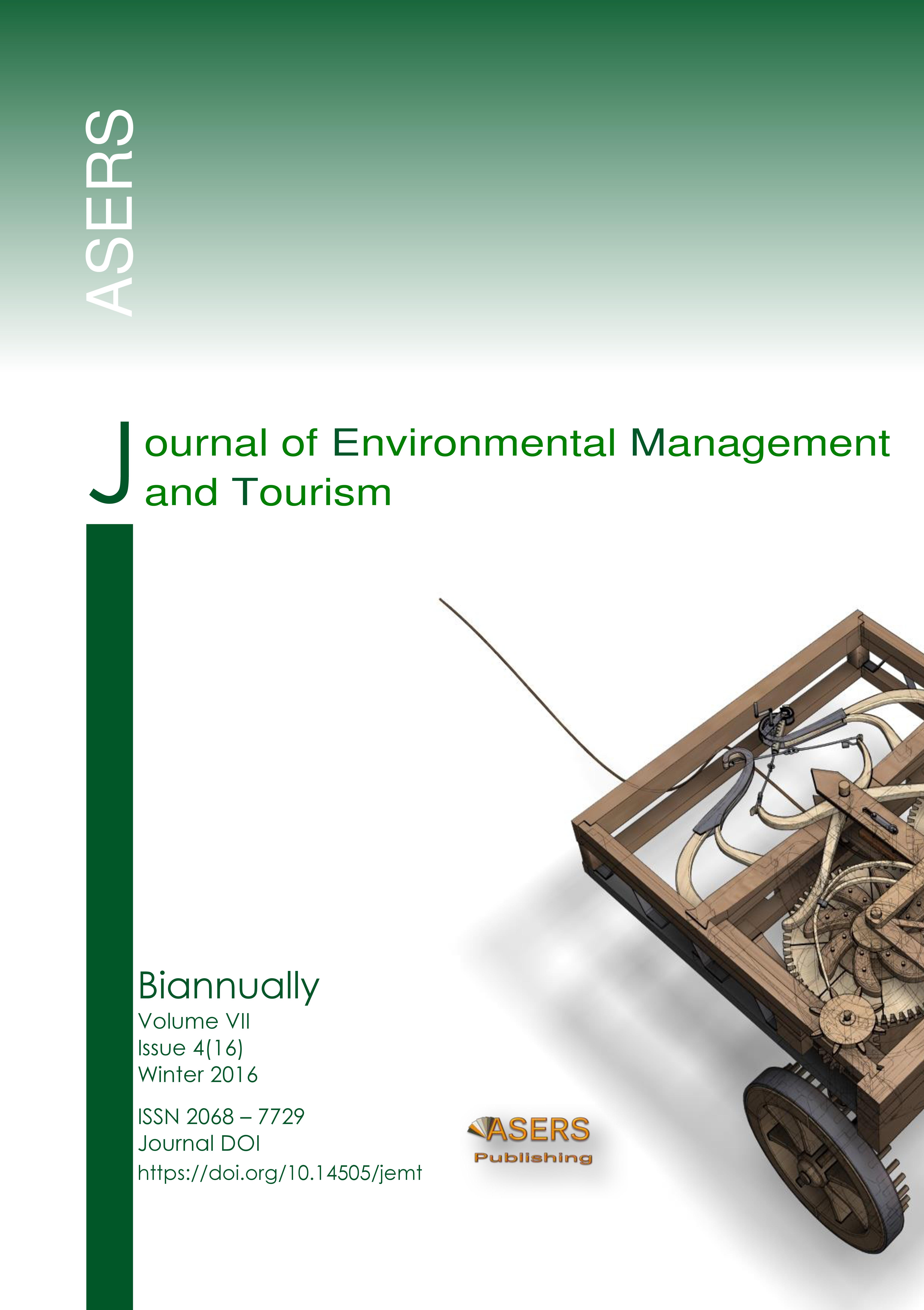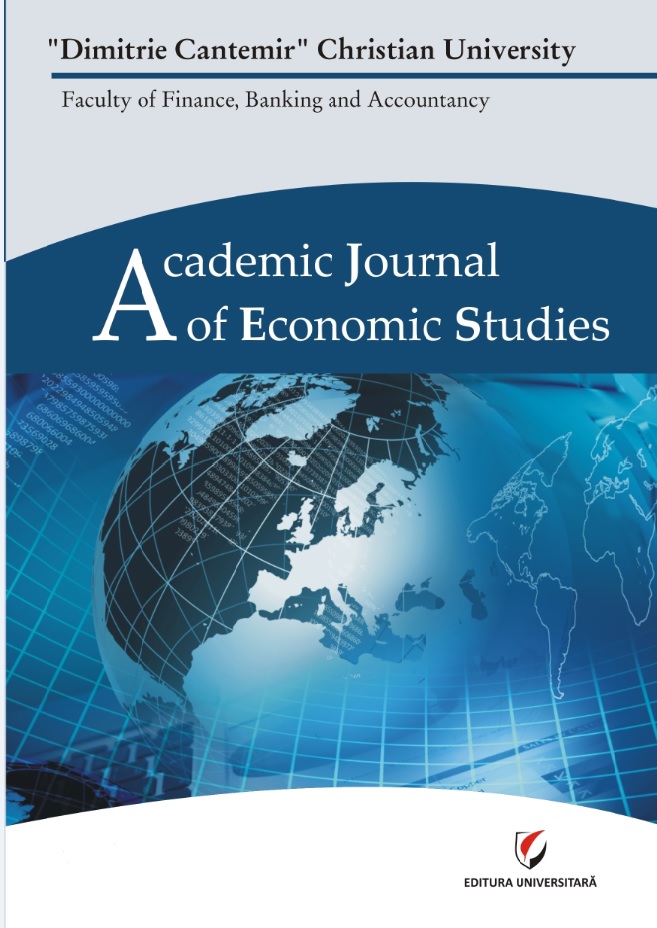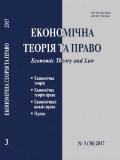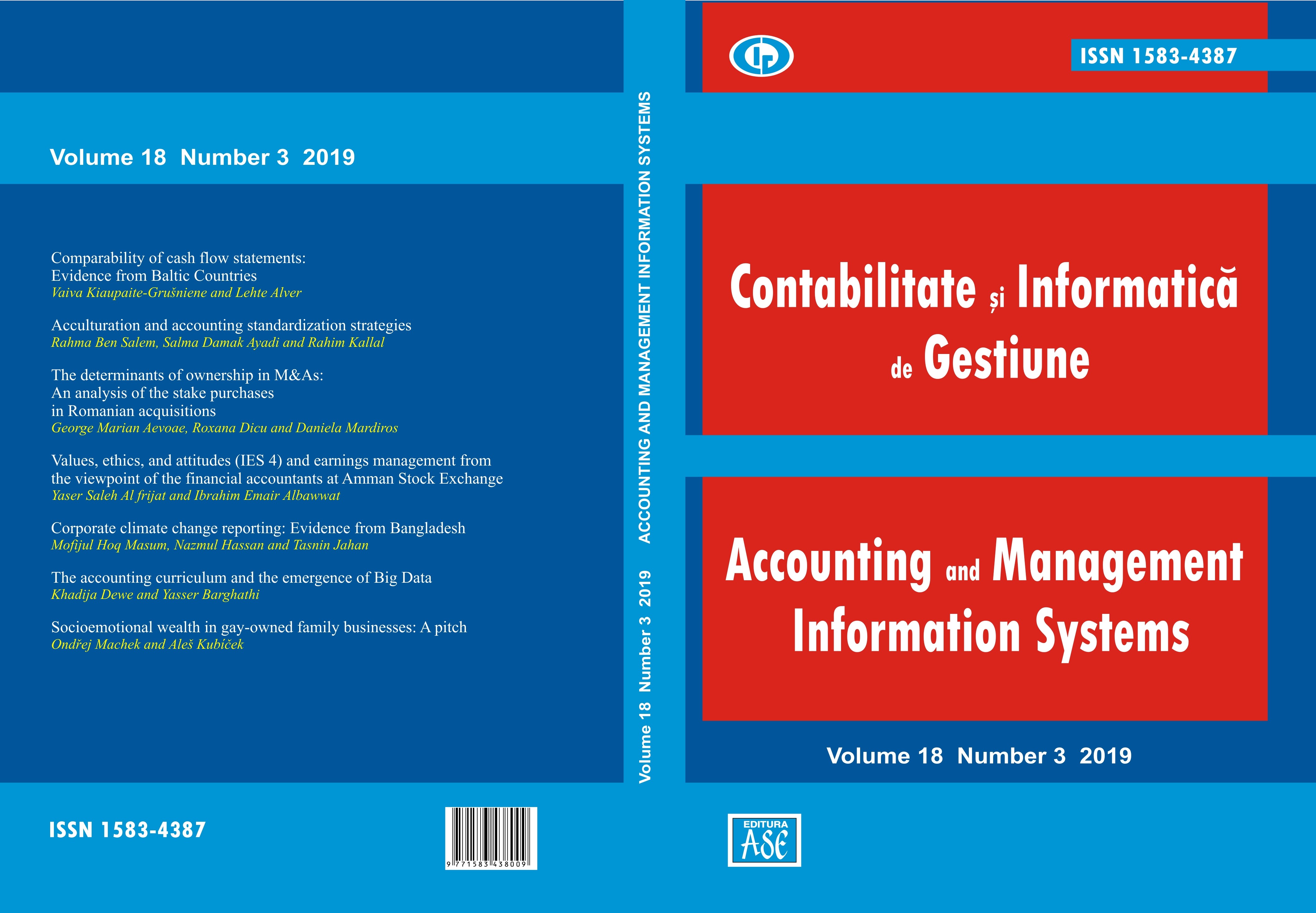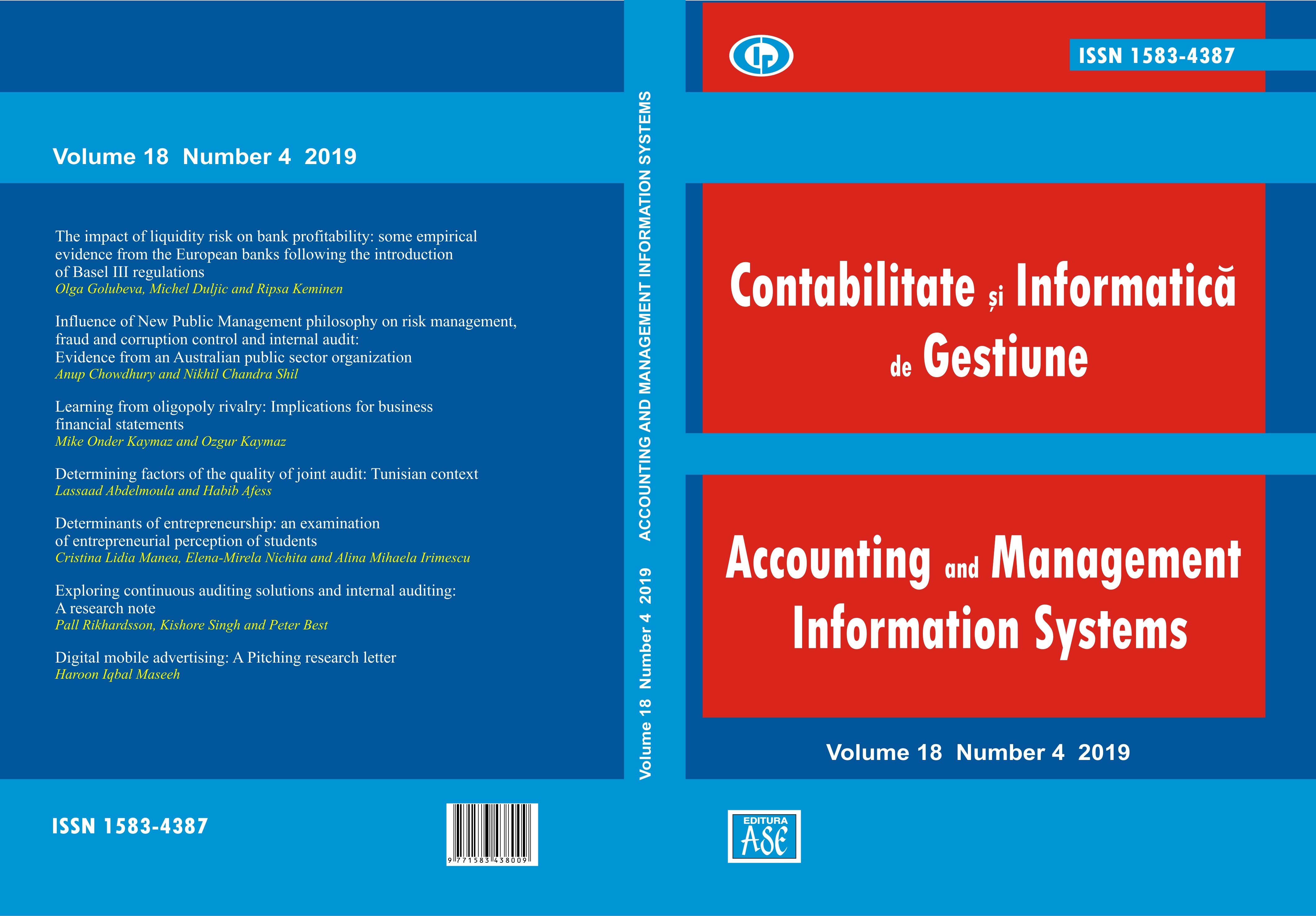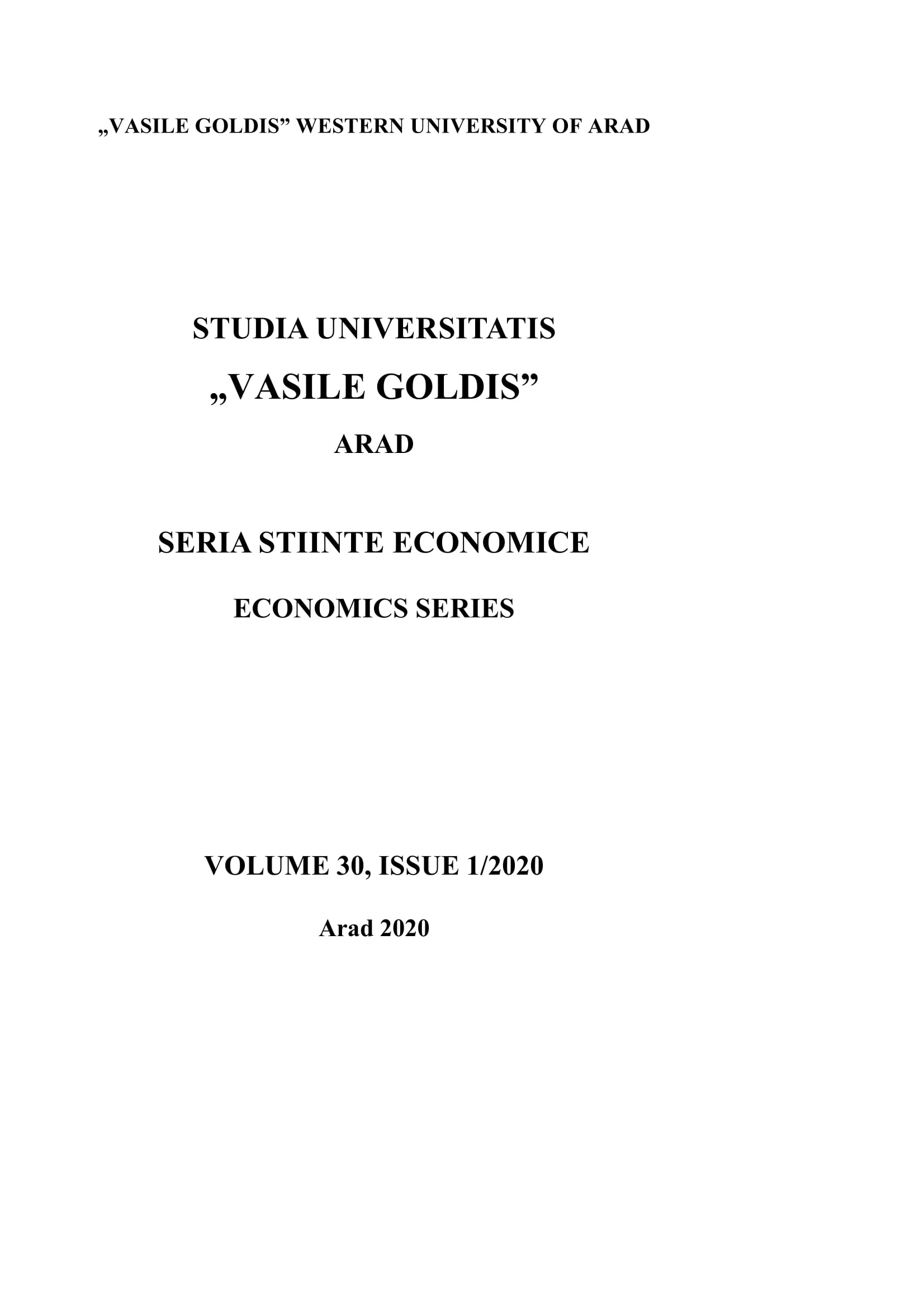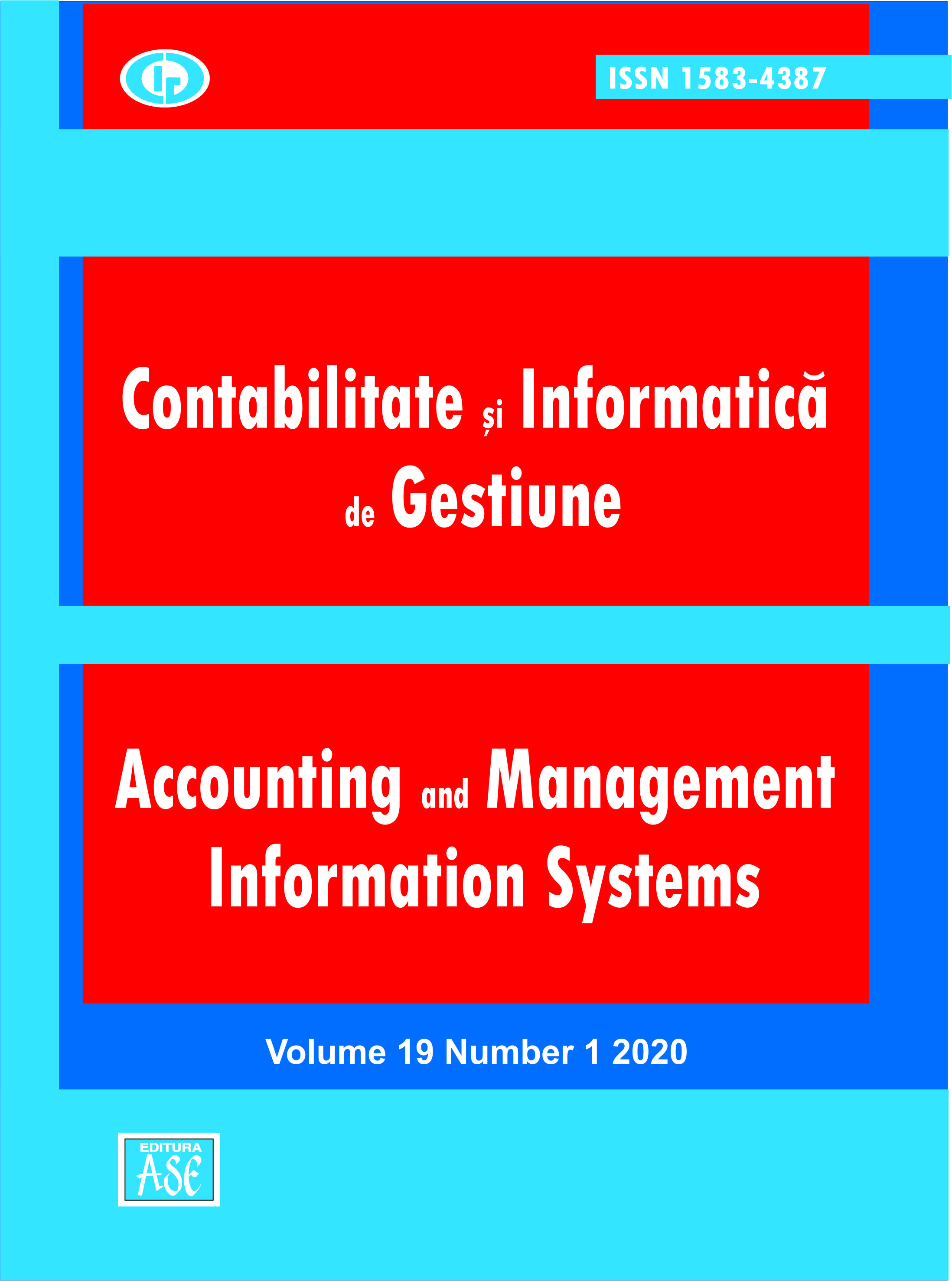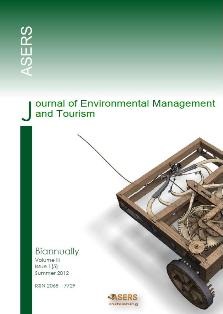
Public-Private Partnership as a Tool of Public Tourism Sector Administration
This article explores the basis of public-private partnership. Public-private partnership's goals and objectives are established. Fundamentals and prospects of such a partnership are considered in the tourism sector. Prerequisites for development of effective public-private partnership forms, which allows attracting private investments in country's economy, implementing social projects, are formulated. A model of interaction of public private partnership in the tourism sector for Kazakhstan is offered.
More...
